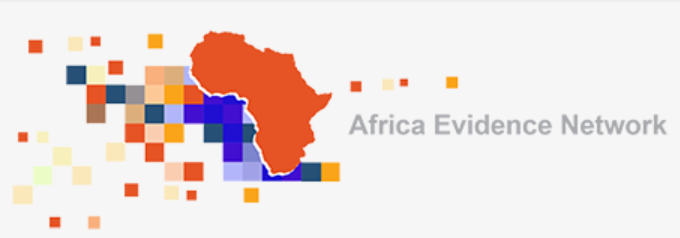
Engage
There is a growing demand to produce high quality evidence. However, recently there has been an even greater demand for researchers to produce evidence to guide policy-makers’ decisions. The correct use of evidence is important for all groups tasked with making decisions ranging from funding and implementation strategies, to employing prevention strategies, adjustment strategies including corrective strategies. However, none of these are optimally obtained when stakeholders work in silos. Thus the need to collaborate, strengthening old bonds and creating new ones, is one of many imperative objectives. This will hopefully be achieved by the African community by regularly sharing information, ideas, and experiences through networks, such as Evidence 2016.
This year marks the second AEN biennial conference, it will bring together the evidence informed decision making community from across the African continent and even further abroad. It will be exciting to learn from the diverse stakeholders presenting at this year’s conference who will share insights from their various backgrounds as researchers, practitioners, and policy-makers from universities, NGO’s and governments. We can expect to gather valuable information pertaining to the importance of engagement among the various players involved in evidence and policy on the first day of Evidence 2016.
Understand
There is a need for policy decision-makers to receive advice from various stakeholders involved in the policy making processes. I look forward to learning more about how collaborations are best formed, information shared, and research carried out based on the existing evidence. Furthermore, we can expect to learn about challenges that currently exist between researchers and policy makers, and discuss suggested methods to enhance knowledge translation. I ask myself, are policies sometimes designed based on dependable facts from research? Alternatively, do policymakers, as the key role players understand the research correctly to formulate and carry out policy?
I think that key role players are likely to use evidence which they understand and feel comfortable with. Furthermore, policy makers may use research evidence relevant at a given time to address issues or concerns facing their departments. However, for policy-makers to use relevant up-to-date evidence it requires researchers to also understand the environment and the processes of policymaking. Thus partial onus lies on researchers to assess the need for relevant studies and grasp the realities and difficulties faced by policy developers and implementers when making decisions. This raises yet another question – is there adequate communication between the various groups shaping policy and what can be done to enhance these processes? With this being said, various key players need to carry out evidence based policies effectively and efficiently ensuring that policy will have an impact on its target.
Impact
We know that understanding the evidence is one thing, how it will make an impact is another. At the Evidence 2016, we are likely to discover some examples of how evidence put into practice has been carried out and the impact it has had (or not) as well as lessons learnt. We can hopefully also expect to realize the challenges that some have experienced in the decision making process and what they would change for policy to impact.
Over the three days of the conference, I shall be sharing brief summaries of Evidence 2016, and encourage everyone to share their news and ideas on evidence-informed decision-making, keeping in mind the theme: Engage, Understand and Impact.